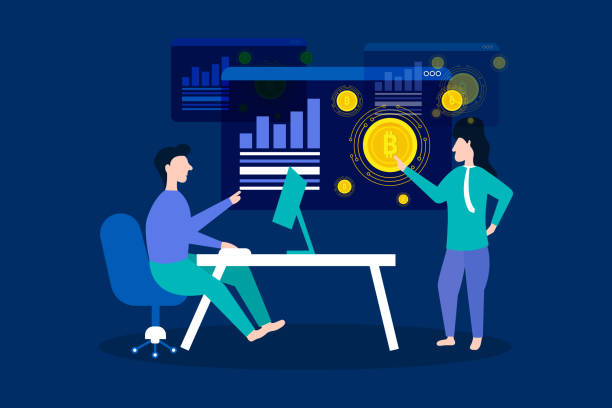In an increasingly digital landscape, the concept of tokenization has gained prominence. MANTRA Chain, a blockchain-based platform, aims to extend this paradigm beyond the virtual realm. Specifically, MANTRA Chain envisions the tokenization of Real World Assets (RWAs), bridging the gap between the digital and physical worlds. In this article, we delve into the significance of RWA tokenization, explore MANTRA Chain’s approach, and discuss its potential impact.
Understanding RWA Tokenization
Real World Assets encompass tangible properties such as real estate, art, commodities, and infrastructure. These assets have intrinsic value and exist in the physical domain. Historically, their transfer and management involved complex processes, intermediaries, and paperwork.
Tokenization transforms these physical assets into digital tokens on a blockchain. Each token represents a fraction of ownership, making it divisible, transferable, and easily tradable. By leveraging blockchain technology, tokenization enhances liquidity, reduces friction, and democratizes access to valuable assets.
MANTRA Chain’s Approach
MANTRA Chain operates on a decentralized network, ensuring transparency, security, and immutability. It is the first Cosmos chain designed to evolve with global regulations. It recognizes that compliance is essential for institutional adoption and long-term sustainability.
Built on the Cosmos SDK and Tendermint, MANTRA Chain prioritizes security and transparency. Its robust architecture ensures data integrity and protection against attacks. Smart contracts facilitate the issuance, transfer, and management of RWA tokens. Participants can verify ownership and transaction history without relying on intermediaries.
MANTRA Chain leverages the Inter-Blockchain Communication (IBC) module. This interoperability allows seamless communication with other blockchains, fostering collaboration and expanding use cases. MANTRA Chain provides tools and resources for developers to build a wide range of applications, from games to secure decentralized exchanges (DEXs). By encouraging innovation, it aims to create a vibrant ecosystem.
Tokenization of Diverse Assets
Tokenization of diverse assets refers to the process of converting rights to various types of assets, both tangible and intangible, into digital tokens on a blockchain. This innovative approach enables fractional ownership, increased liquidity, and efficient transfer of assets that were traditionally illiquid or difficult to divide. Diverse assets that can be tokenized include real estate properties, commodities, securities, intellectual property, art, collectibles, and even revenue streams such as royalties.
Tokenization democratizes access to investment opportunities, allowing individuals to participate in asset ownership with smaller amounts of capital. It also introduces transparency, security, and efficiency into asset transactions, paving the way for greater financial inclusion and innovation across industries.
Impact and Future Prospects
RWA tokenization empowers individuals who previously lacked access to high-value assets. By breaking down barriers, it democratizes wealth distribution and promotes financial inclusion. Illiquid assets become tradable commodities through tokenization. Investors can exit positions more easily, enhancing overall market liquidity.
Real estate, traditionally illiquid and cumbersome, undergoes transformation. Fractional ownership opens doors for small investors, while property owners benefit from increased liquidity. Despite its promise, RWA tokenization faces challenges. Regulatory clarity, scalability, and investor education remain critical areas of focus.
Conclusion
MANTRA Chain’s vision extends beyond digital boundaries. By tokenizing Real World Assets, it paves the way for a more inclusive, efficient, and interconnected financial landscape. As we move forward, collaboration between blockchain projects, regulators, and investors will shape the future of RWA tokenization.




